-
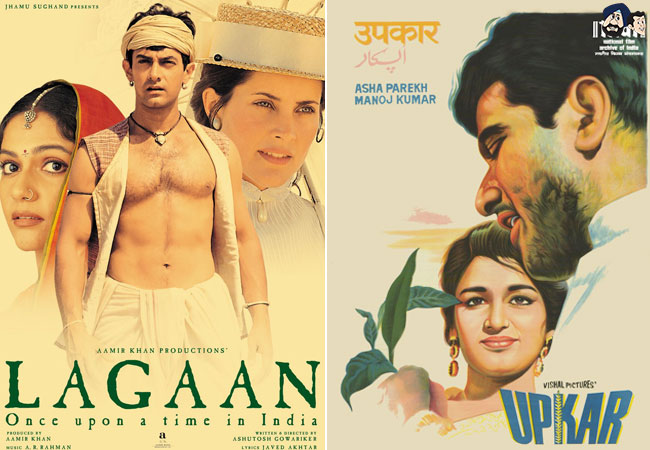
Bollywood films based on farmers' rights!
Indian farmers are the backbones of our nation's economy as the Indian economy is primarily known as an agriculture-based country. From the past few months, farmers' disappointment is visible amid the Farmer (Empowerment and Protection) Agreement on Price Assurance and Farm Services Bill, 2020. Whether it is on social media or media channels, there is an influx of farmers. This is going to be the first time when such a large number of farmers are raising their voices against the government for their rights. So today, let's have a look at the Bollywood films which are based on the farmer's life and how brilliantly, these films showcased the farmer's struggles.
-
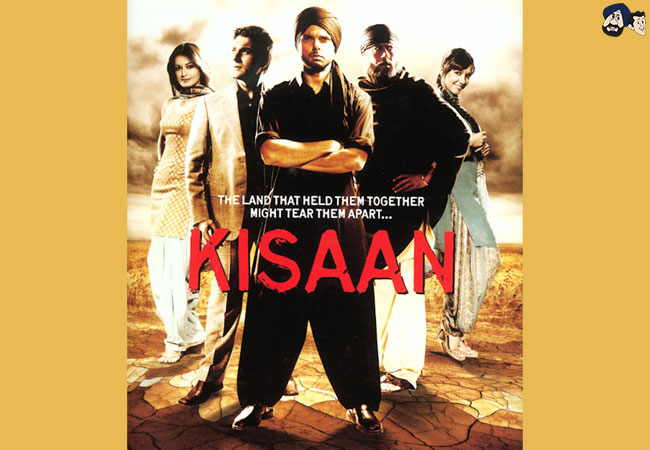
-
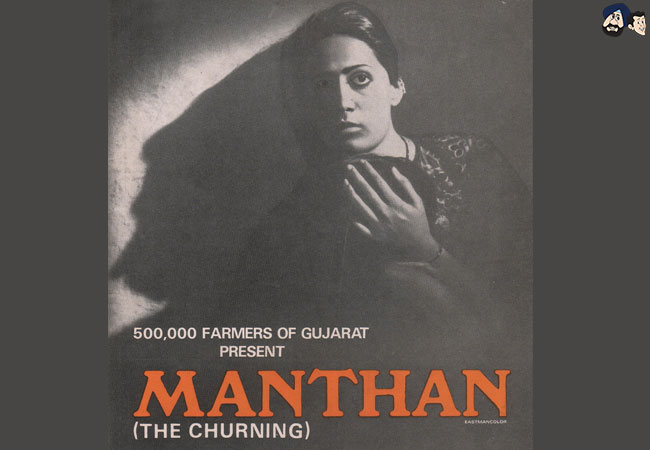
Manthan
A masterpiece by Shyam Benegal, inspired by the pioneering milk cooperative movement of Verghese Kurien and was set amidst the backdrop of the White Revolution of India. In the film, a veterinarian, Dr. Rao, visits a village, where he intends to commence a co-operative society dairy for the betterment of the rural people. 'Mero Gaam Katha Parey' a song that was widely famous in the '90s, was also a part of Amul's milk ad.
-
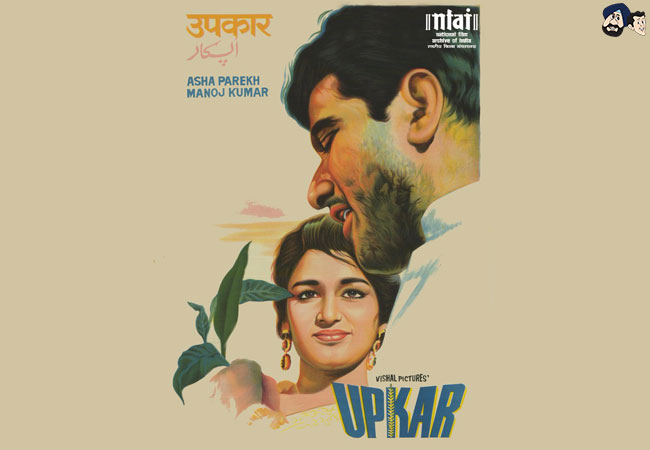
Upkar
Upkar is a 1967 drama film directed by Manoj Kumar, in which he portrayed the role of village man 'Bharat', who sacrifices everything to get his brother educated. One of the most famous songs 'Mere Desh Ki Dharti' was featured on Manoj Kumar in this film that signifies the hardship of Indian farmers.
-
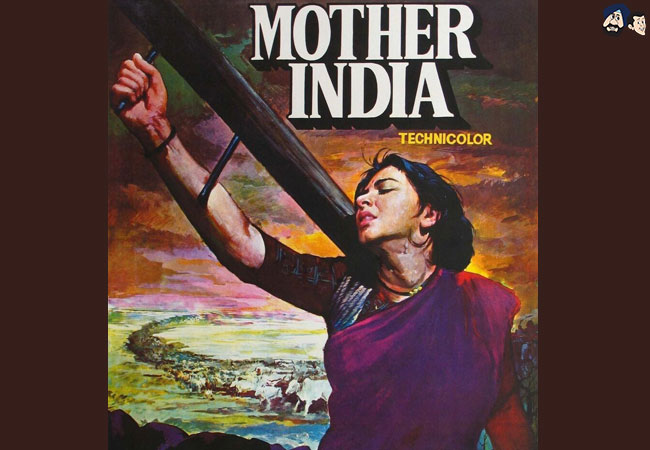
Mother India
Mother India was an epic drama film, directed by Mehboob Khan and starring Nargis, Sunil Dutt, Rajendra Kumar, and Raaj Kumar. The film is about the story of a poverty-stricken village woman named Radha (Nargis), who in the absence of her husband, struggles to raise her sons and survive against a cunning money-lender amidst many troubles. Just like Do Bigha Zameen, this film also focuses on the Zamindari system and how a mother struggles to live her life.
-
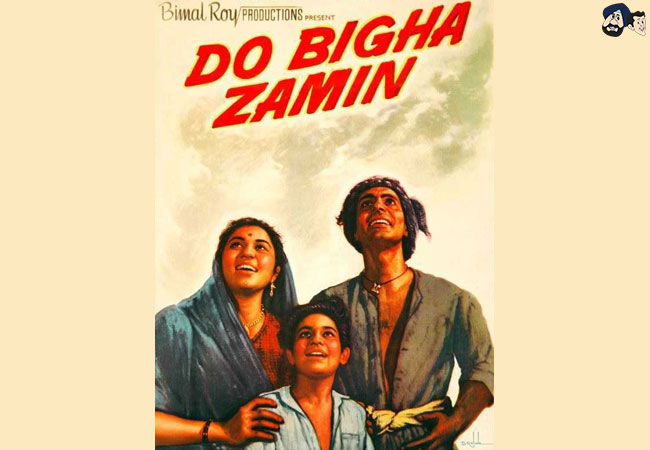
Do Bigha Zamin
A 1953 drama film directed by Bimal Roy was based on Rabindranath Tagore's Bengali poem 'Dui Bigha Jomi'. The film stars Balraj Sahni and Nirupa Roy in the lead roles. The film focused on the Zamindari system and revolves around the life of Shambu, a poor farmer who fails to repay his debts, a zamindar threatens to seize the land owned by his family. Shambu then works as a rickshaw puller in Kolkata to earn money.
-
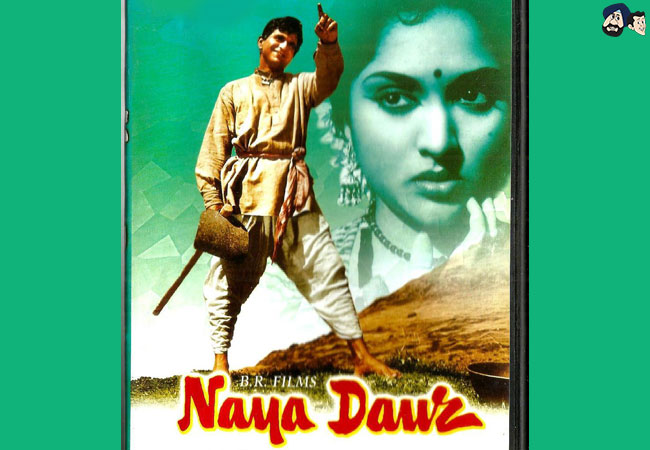
Naya Daur
Naya Daur was a 1957 sports drama film, starring Dilip Kumar, Vyjayanthimala, Ajit and Jeevan. The film's plot is a 'man vs. machine' underdog tale, involving a race between a village tonga wallah who rides a tonga horse cart against a landlord who drives a bus. Naya Daur's film plot has also inspired Aamir Khan's Academy Award-nominated film Lagaan.
-
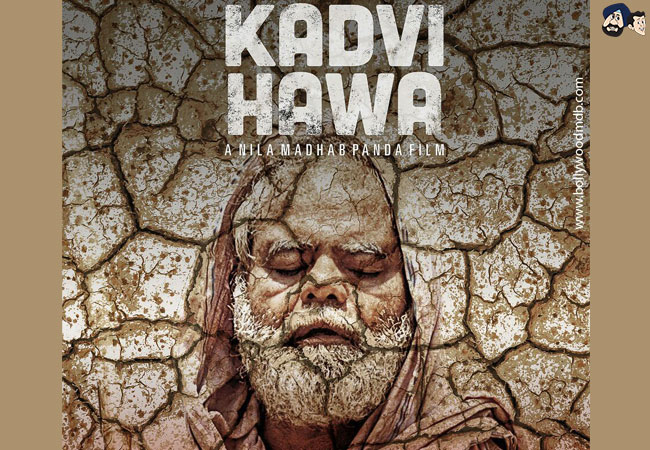
Kadvi Hawa
Just like its title, the film showcases the bitter truth about the farmer's life. A masterpiece by Nila Madhab Panda is based on true stories from the drought-prone Bundelkhand region and the vanishing villages from the coastal Odisha & Chambal region of Dholpur, Rajasthan. Based on the theme of climate change, the film brilliantly exhibits the farmers' conditions during drought.
-
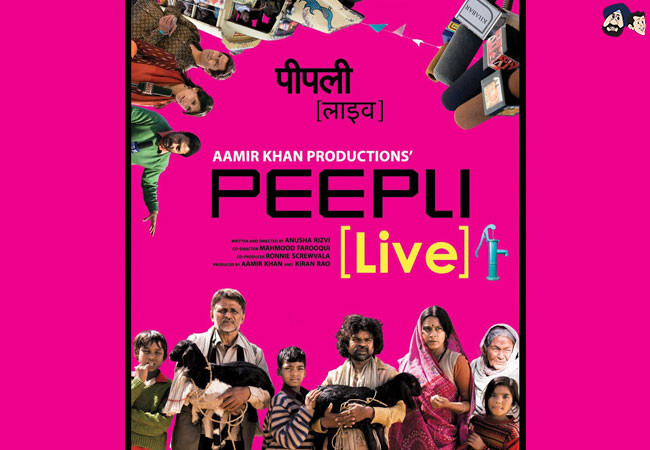
Peepli Live
Peepli Live, a satirical comedy film presented by Aamir Khan's banner received several critical acclaim for its storyline. The film explores the topic of farmer suicides and the subsequent media and political response. The film starred Naseeruddin Shah, Raghubir Yadav, Nawazuddin Siddiqui, Shalini Vatsa. Peepli Live is considered a work of damning ramifications and with its satirical plotline, raises questions on farmers' rights and issues.
-
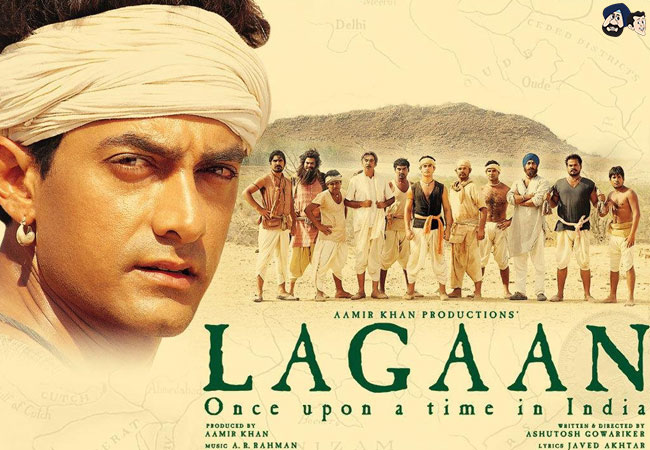
Lagaan
Lagaan was an epic musical sports film written and directed by Ashutosh Gowariker and produced under the banner of Aamir Khan. The film stars along with debutant Gracy Singh, with British actors Rachel Shelley and Paul Blackthorne in supporting roles. The film was set in the early 1890s, during the late Victorian period of India's colonial British Raj. The story graciously revolves around a small village in Central India, whose inhabitants, burdened by high taxes, and several years of drought, find themselves in an extraordinary situation as an arrogant British army officer challenges them to a game of cricket, as a wager to avoid paying the taxes they owe.
